


In an exclusive interview, Lee Young-hoon discusses South Korean perceptions, shifting views on comfort women and seeking Japanese-South Korean reconciliation.
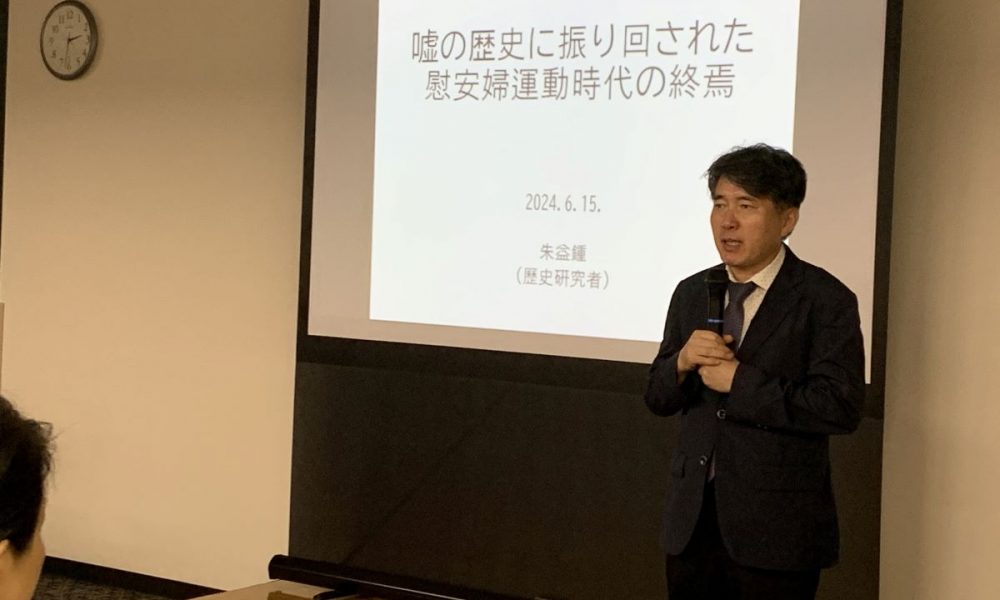
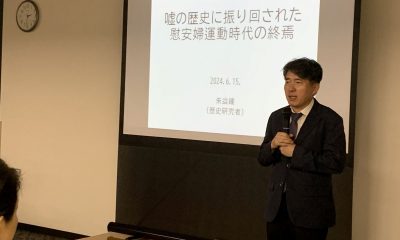

In an interview, South Korean scholar Dr Ju Ik-jong urges Japanese comfort women scholars to respond sincerely to his "final conclusion" on the issue's merits.
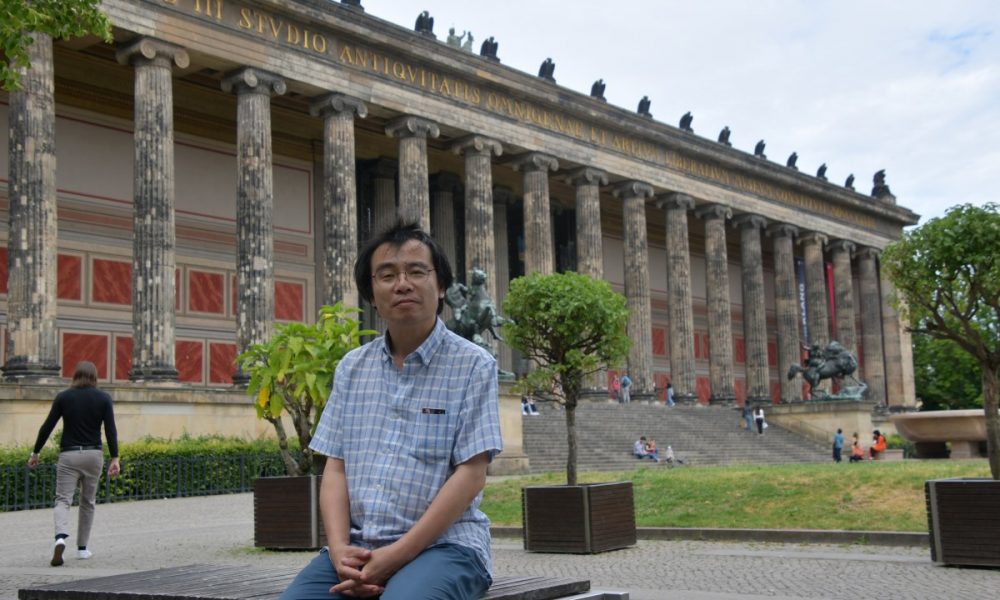
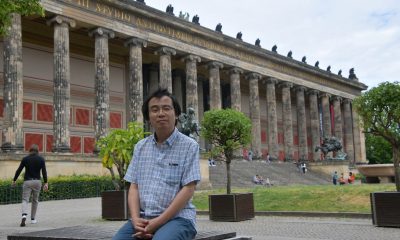

Dr Lee Wooyoun discusses the best seller "Anti-Japan Tribalism" highly acclaimed for its academic rigor, the reaction of Korean leftists, and the Korean public.
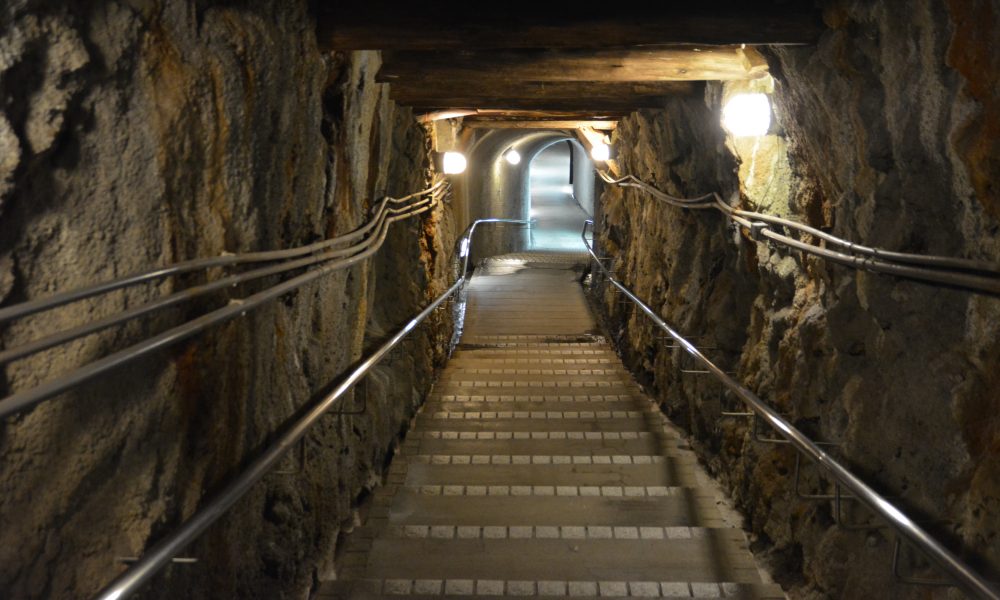


There was no forced labor. South Koreans volunteered to go to the Japanese home islands in droves for better pay and plentiful job opportunities.
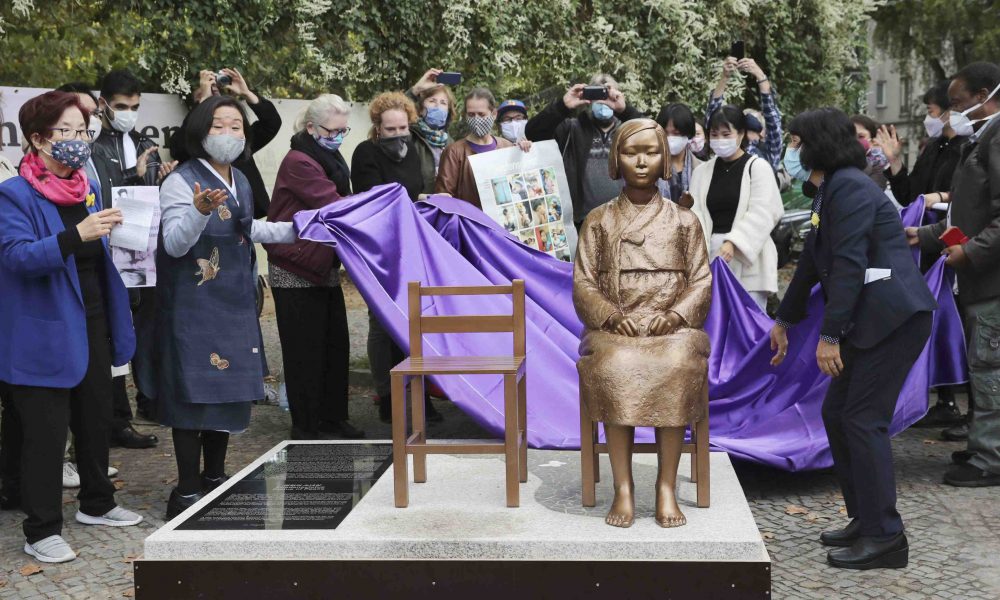
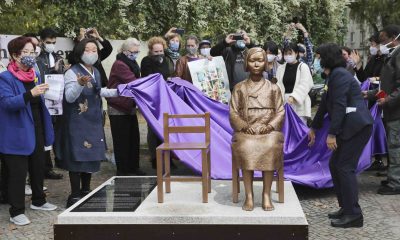

Quarreling over whether or not such statues should be erected in public spaces has created friction among local residents and led to the division of local...
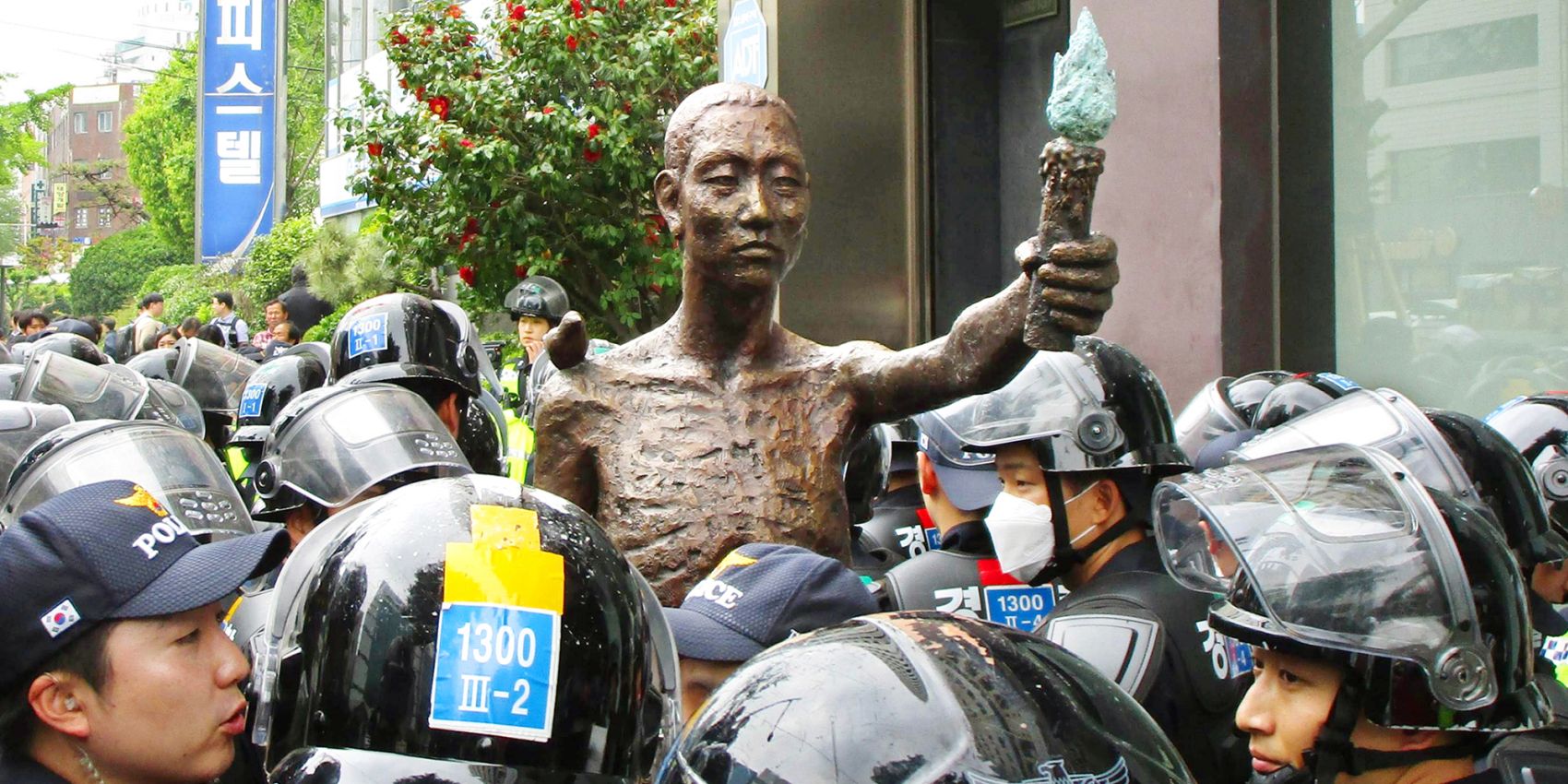

The combination of Japanese assets left on the peninsula and Japan’s economic aid package upon normalization of relations formed a vital part of South Korea’s postwar...
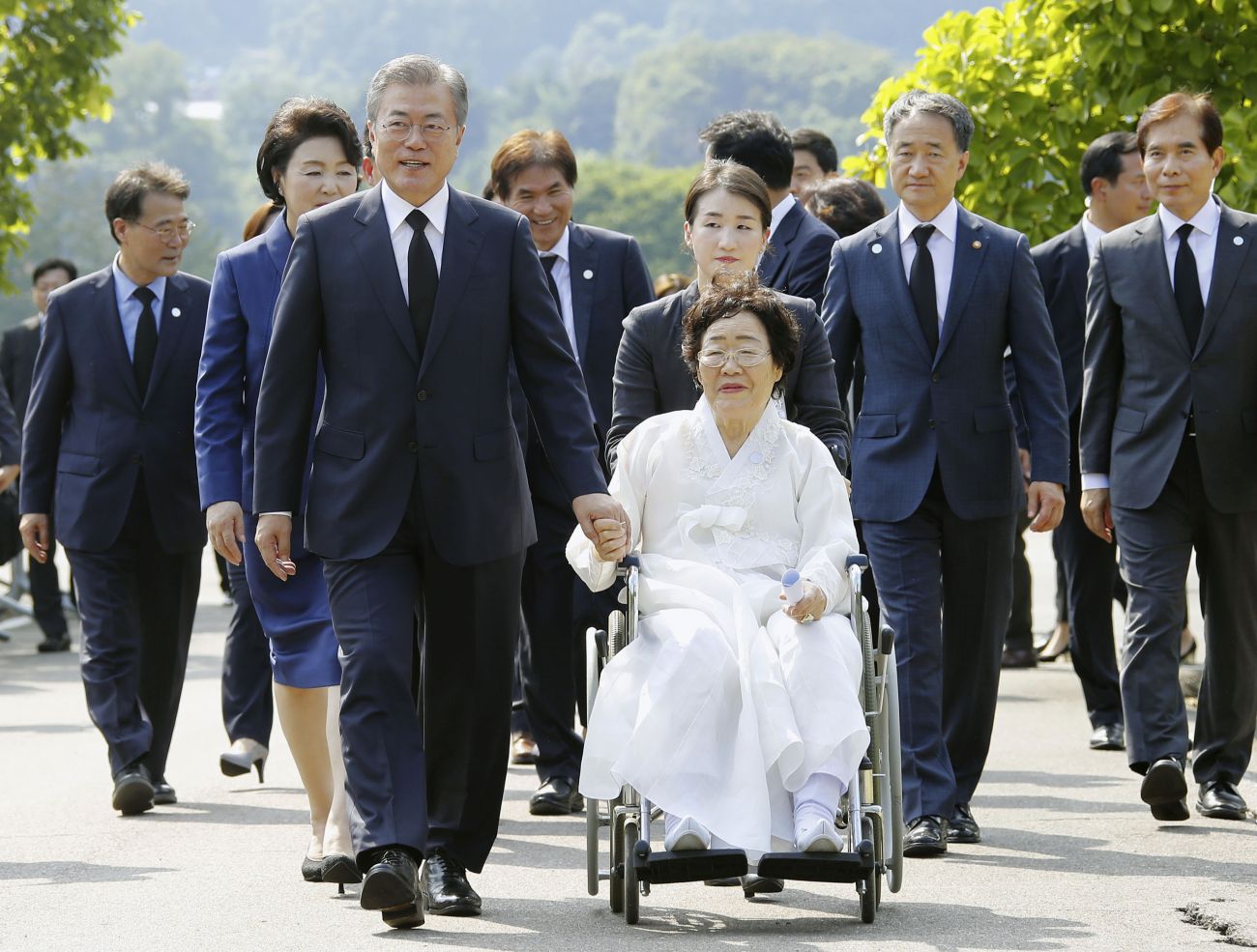


The comfort women issue will not be resolved by running away from the facts and stifling debate because it is not what you want to hear.
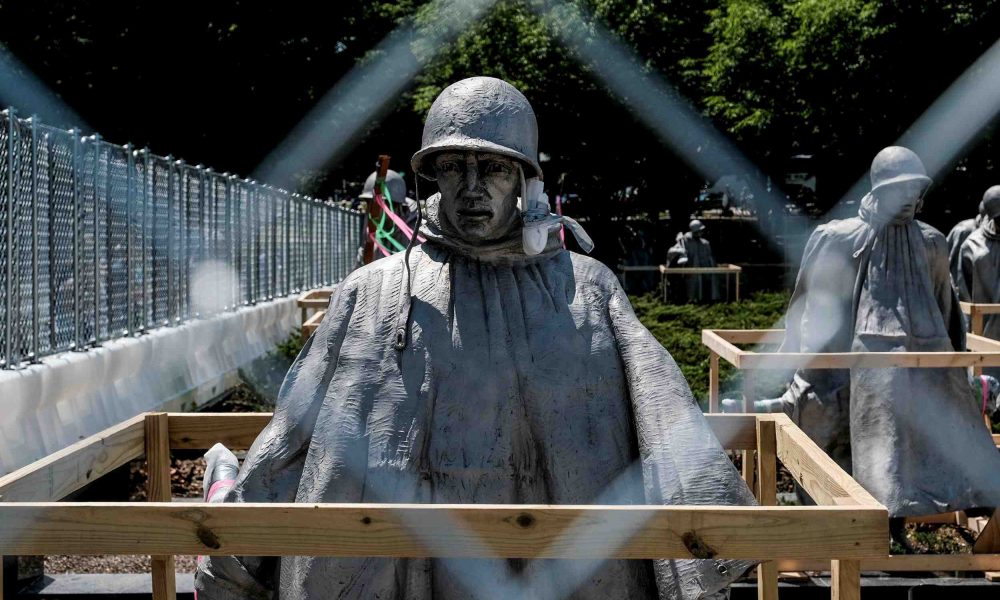
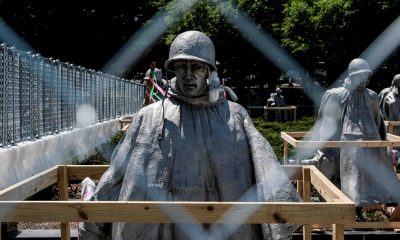

Japan’s participation in the Korean War is not a secret. It helped defend South Korea, sending crews and minesweepers into actual combat during the crucial first...
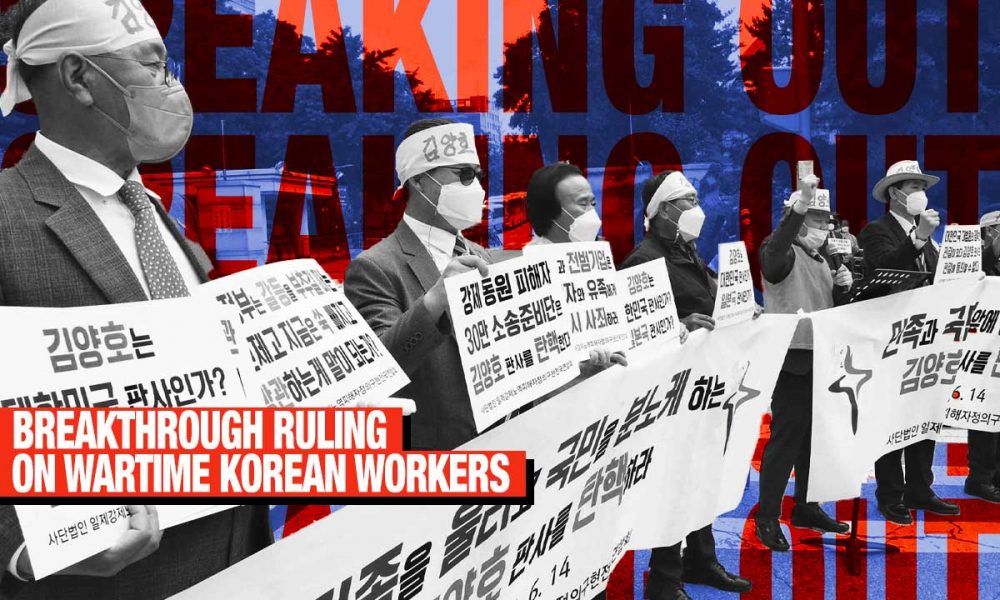
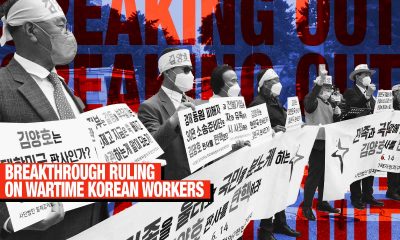

The court appears to recognize that public awareness of the facts about wartime Korean workers in Japan has become widespread in South Korea, even though opinion...
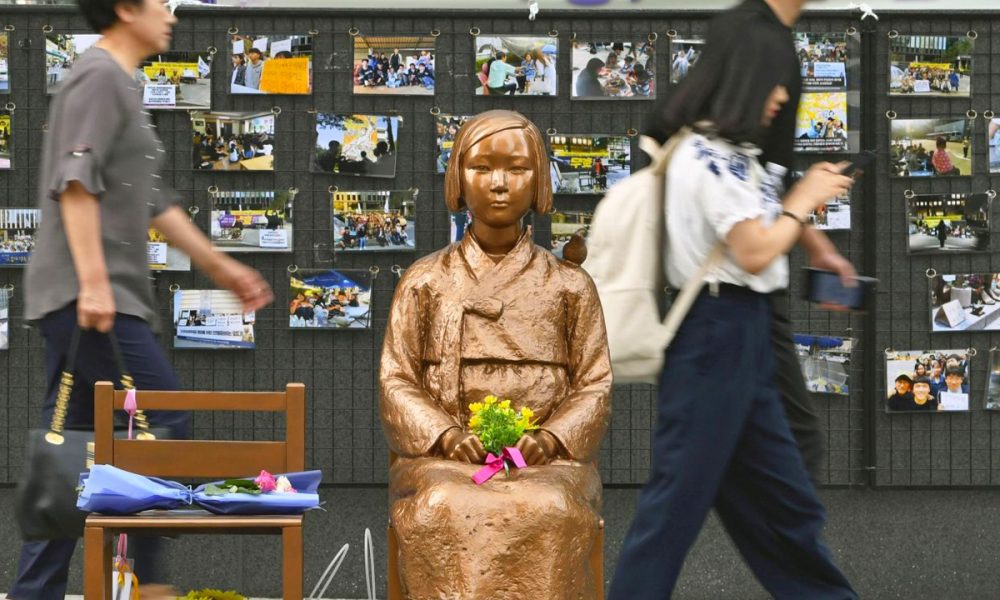
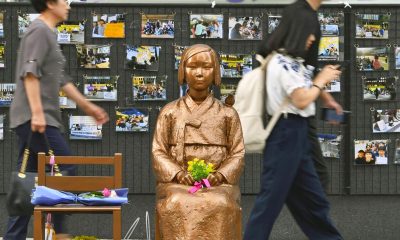

Take a look at the popular “comfort women” theory, and the contrary evidence which, despite attacks on academic freedom, has come forth through research in South...
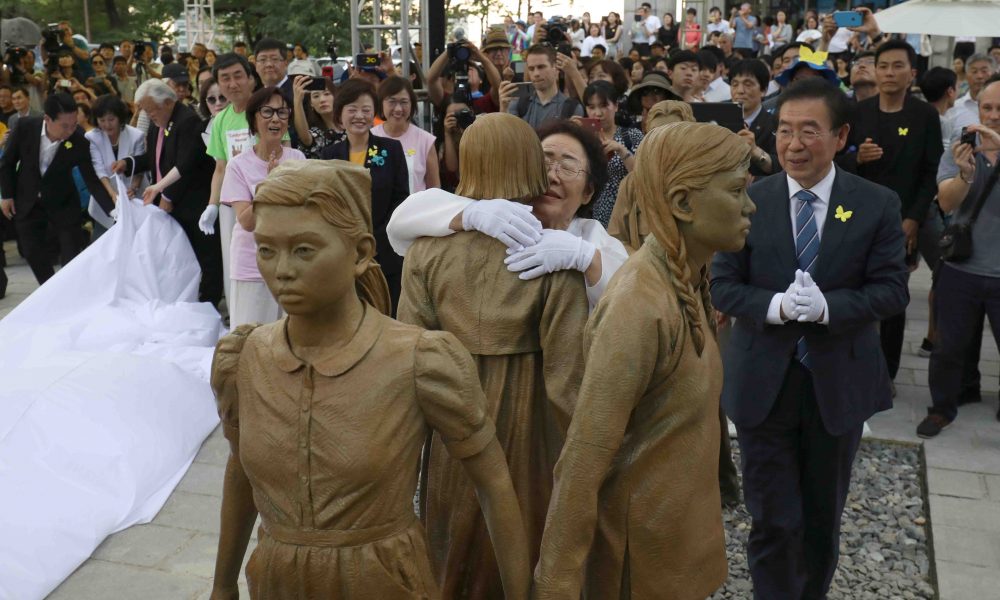


Payment terms were better for wartime comfort women than for prewar prostitutes … We should also consider that the American and German military ran comfort stations...
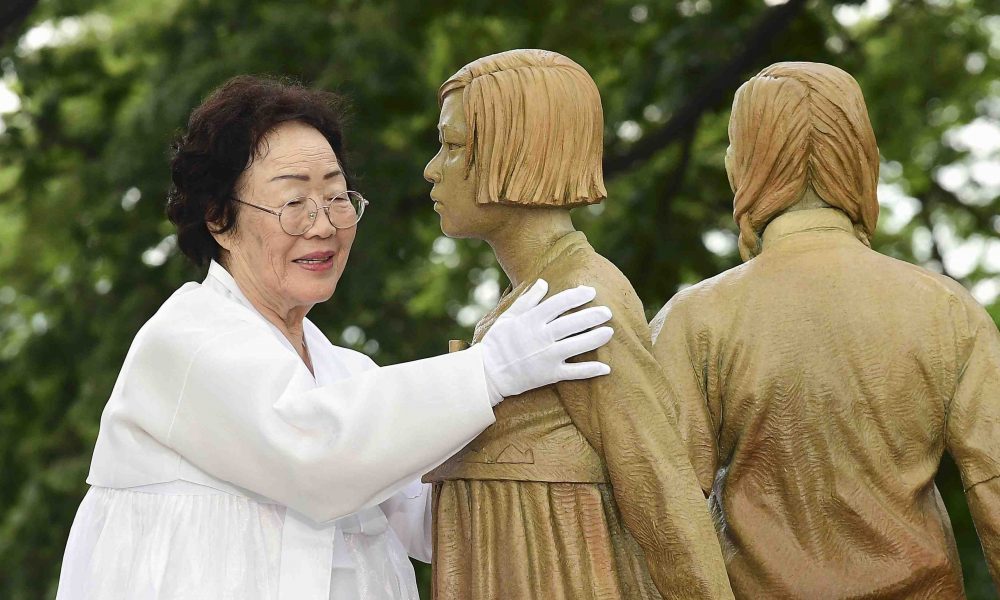
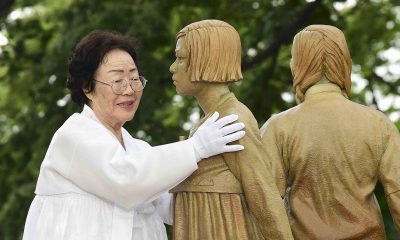

Forced recruitment? Sexual slavery? The relationship between comfort women and comfort station owners in the Japanese colonial period must be viewed as “indentured servitude contracts.” 1st...